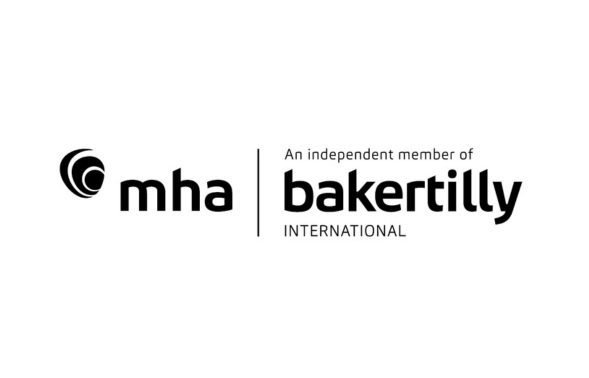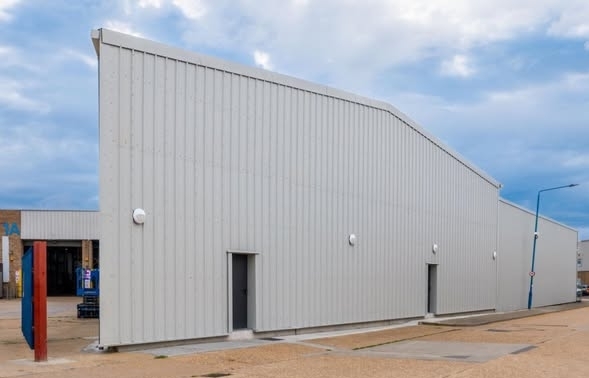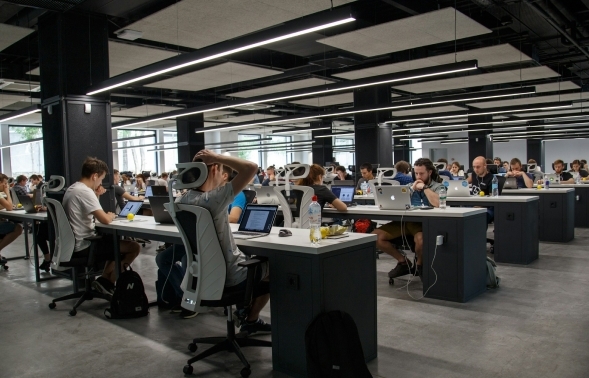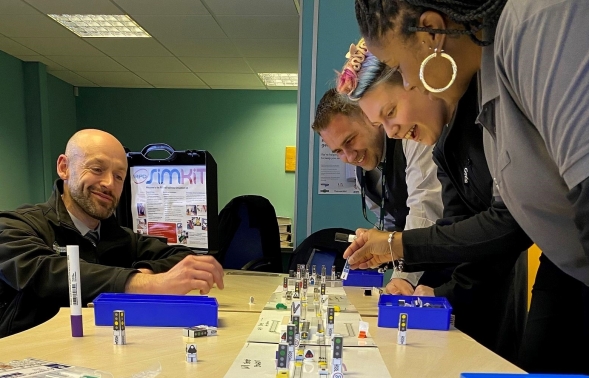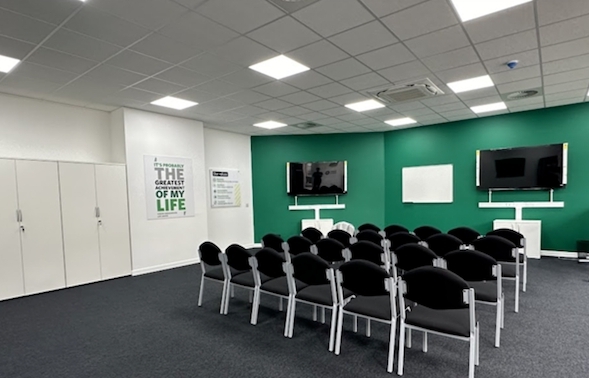BRIGHTON, 10th Feb 2020: Nanomaterial specialists Advanced Material Development (AMD) and researchers from the University of Sussex Business School have teamed up with Walmart to examine and develop the impact of bringing an innovative solution into retail supply chains, significantly reducing metal waste.
The project will be funded via a grant from UK Research and Innovation (UKRI), the Economic and Social Research Council (ESRC) and the National Productivity Investment Fund. It follows the recent £8 million ESRC investment into the Digital Futures at Work Research Centre.
The funded project will examine the employment consequences of the development, adoption and implementation of new environmentally friendly digital technologies; in this case Radio-frequency identification (RFID) tags in the retail sector.
Material scientist Professor Alan Dalton and his team have created an alternative to the traditional metal tags on clothing and food by developing antennas based on graphene inks.
John Lee, CEO of AMD, said: "Our work at Sussex in the field of highly conductive inks has partly been driven by demands from the retail industry searching for a sustainable solution in the replacement of metal content in RFID antennas. We are continuing to improve our technology for our partners in this space, with a possible large-scale print trial this year. The opportunity to work with a company with the global impact and sustainability reputation of Walmart is a substantial boost for us, and testament to the potential value of this innovation."
AMD has recently announced a £1.5m equity funding round as the company further extends its nano-material research and development operations. It will also support its government and industry partnerships in Europe and the US. The business has now incorporated in the United States and formed an office presence in the Washington metropolitan area.
"This is a key development in the AMD business plan," said John Lee. "The U.S. effort has been the key thrust for our business in the last year and our success to date is notable. Our partners have urged us to establish a local presence and we now see this to be just the start of a huge growth opportunity for the company."
Professor Alan Dalton from the School of Mathematical and Physical Sciences at the University of Sussex said: "The nanotech ink we create in our lab has loads of important, sustainable applications. We're excited that our world-leading research has paved the way for Walmart and other retailers to bin metal-dependent tags and replace them with our much more eco-friendly answer. There's no need now for the old-fashioned supermarket tags of the past to populate landfill sites."
As part of the project, social sciences and management studies academics will examine the learning process from product development to implementation and its impact on labour requirements and productivity. The global RFID market was estimated to be worth US$11bn in 2018, and is predicted to increase to US$13.4bn by 2022.
Professor Jackie O'Reilly, Co-Director for the new Digital Futures at Work Research Centre (digit-research.org), said: "This is a fantastically exciting project. It is a unique opportunity to work with brilliant physics researchers to understand their world and what they create; to understand how these hard science ideas are exported into the business world; and to understand how these decisions affect the way work is constructed and what kinds of jobs people get as a result of major companies adopting these new technologies."
The project will start in April 2020 and run for two years.
Further information is available here: https://digit-research.org/research/related-projects/bringing-environmental-radio-frequency-identification-rfid-tags-to-market/





